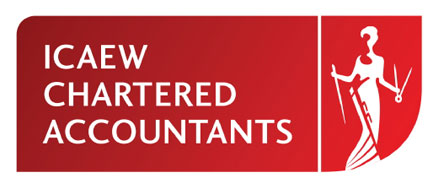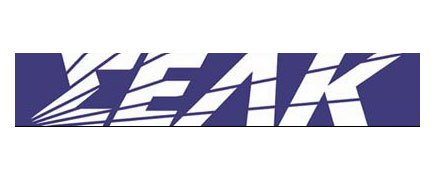Saudi, Russian Oil Ministers Plan Talks in Doha Tuesday
February 16,2016
Saudi Arabia’s oil minister is meeting with his Russian counterpart in Qatar on Tuesday to discuss the market amid a push for cooperation between OPEC and other major producers to tackle a global surplus.
Ali al-Naimi, the most senior oil official of the world’s biggest crude exporter, is speaking with Russia’s Alexander Novakin Doha, a Qatar Energy Ministry adviser said Tuesday. There will be a press briefing at the St. Regis hotel after the talks, which hadn’t been disclosed until Monday.
Saudi Arabia has insisted that it won’t reduce production to boost prices from a 12-year low unless major producers outside the Organization of Petroleum Exporting Countries cooperate. While Novak has said he could consider cuts if other countries joined in, Igor Sechin, chief executive officer of the country’s largest oil company Rosneft OJSC, last week expressed doubts over coordinated action. A tour of oil capitals from Moscow to Riyadh earlier this month by Venezuelan Energy Minister Eulogio Del Pino failed to produce an accord.
Financial Strain
Still, oil’s deepening slide this year to below $30 a barrel has put increased financial strain on export-dependent economies. There’s growing speculation that the world’s two largest crude producers will discuss cooperation on output reductions.
“The back channel talks, which Qatar is brokering, had been in place for a while,” said Amrita Sen, chief oil analyst at Energy Aspects Ltd. in London. “These are still very early days and nothing concrete has been agreed, but there is a growing sense that countries could be more flexible, although Riyadh would insist that everyone else contribute to the cut.”
Brent oil in London rose as much as $2, or 6 percent, to $35.39 a barrel on Tuesday and was trading at $35.22 at 7:43 a.m. in London.
OPEC and non-members have intermittently held discussions since November 2014, when the organization first signaled it was unwilling to cut production alone to support prices. Saudi Arabia, Venezuela, Russia and Mexico assembled in Vienna that month without reaching any deal.
Back Channels
Nonetheless, the slightest signs of an accord have roiled oil markets. West Texas Intermediate futures rallied 12 percent on Feb. 12, the biggest surge since 2009, after the United Arab Emirates reiterated OPEC’s long-held position that the group is prepared to engage with non-members.
Doha’s closed-door meeting, planned in secret and hosted by Qatar’s oil minister, echoes the petro-diplomacy of the late 1990s. Then OPEC countries used diplomatic back channels with the help of Mexico to orchestrate a series of secret meetings from Miami to Amsterdam, which resulted in several production cuts.
Venezuela’s Information Ministry and the media offices at PDVSA and Venezuela’s Oil Ministry didn’t immediately respond to e-mails seeking comment.



